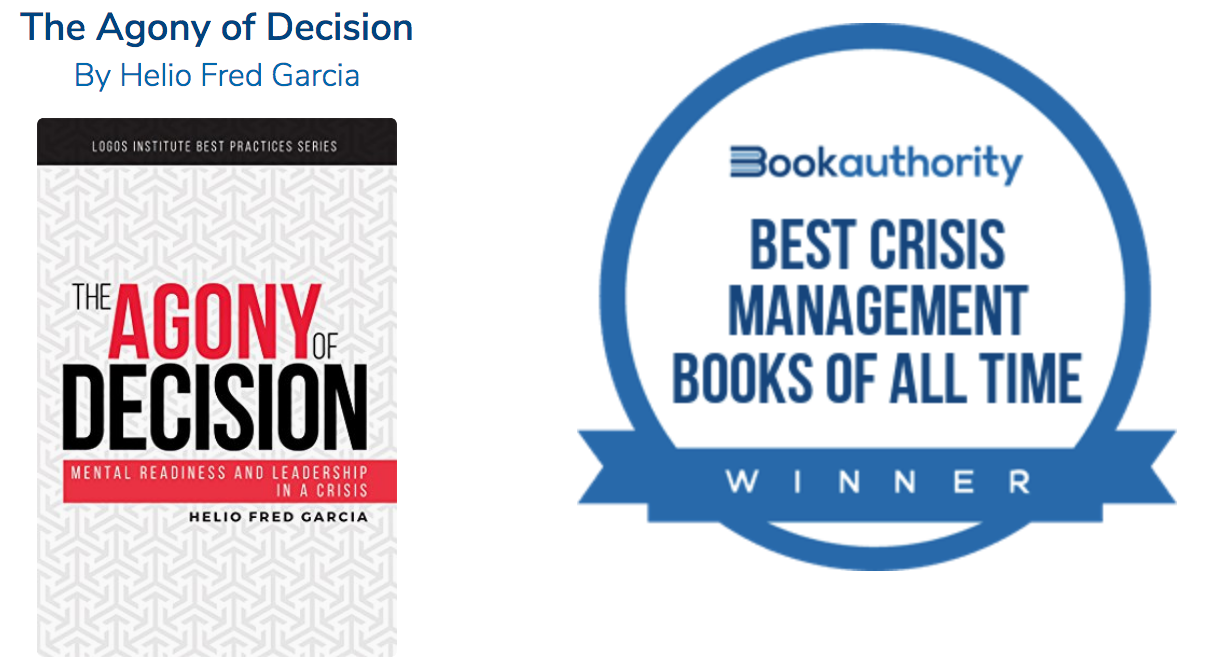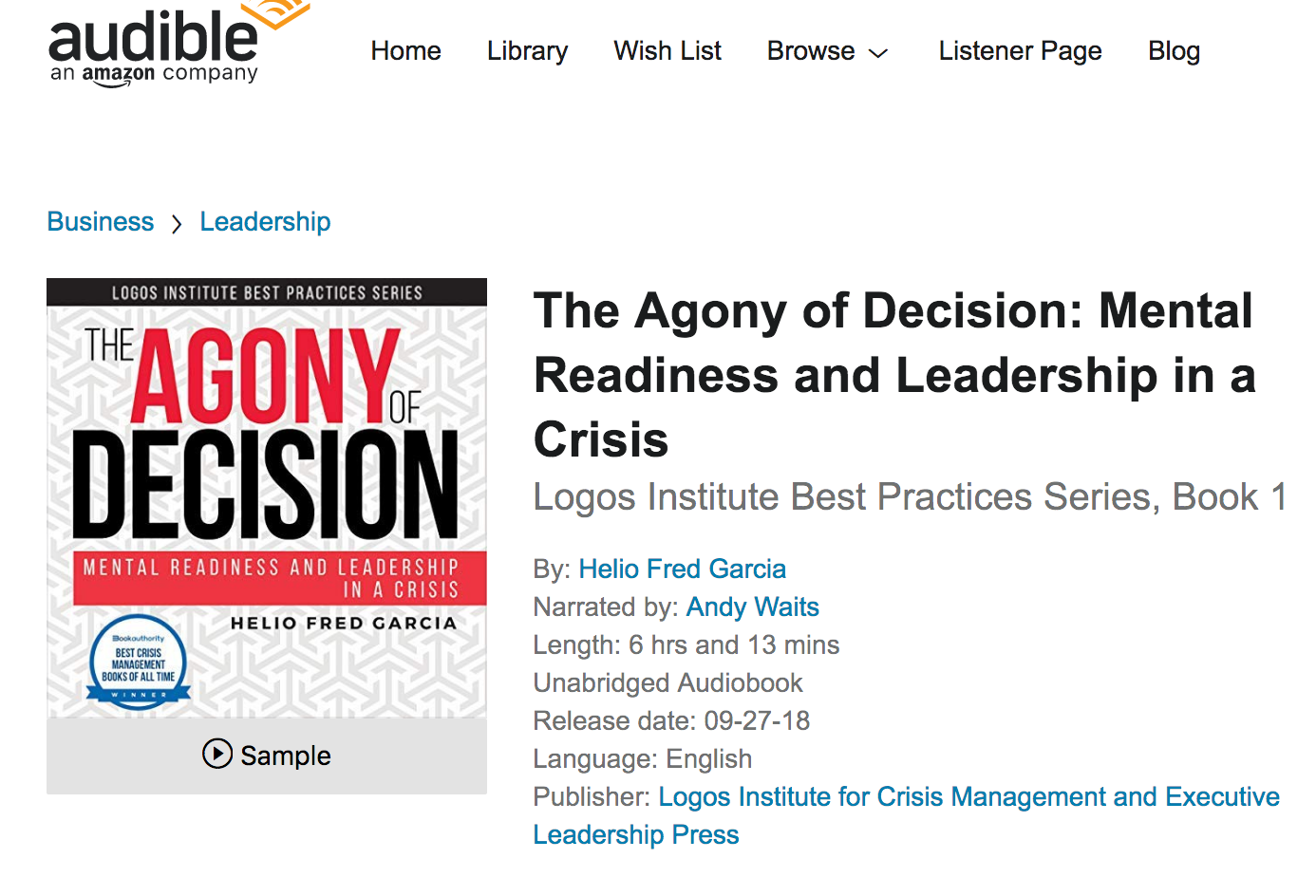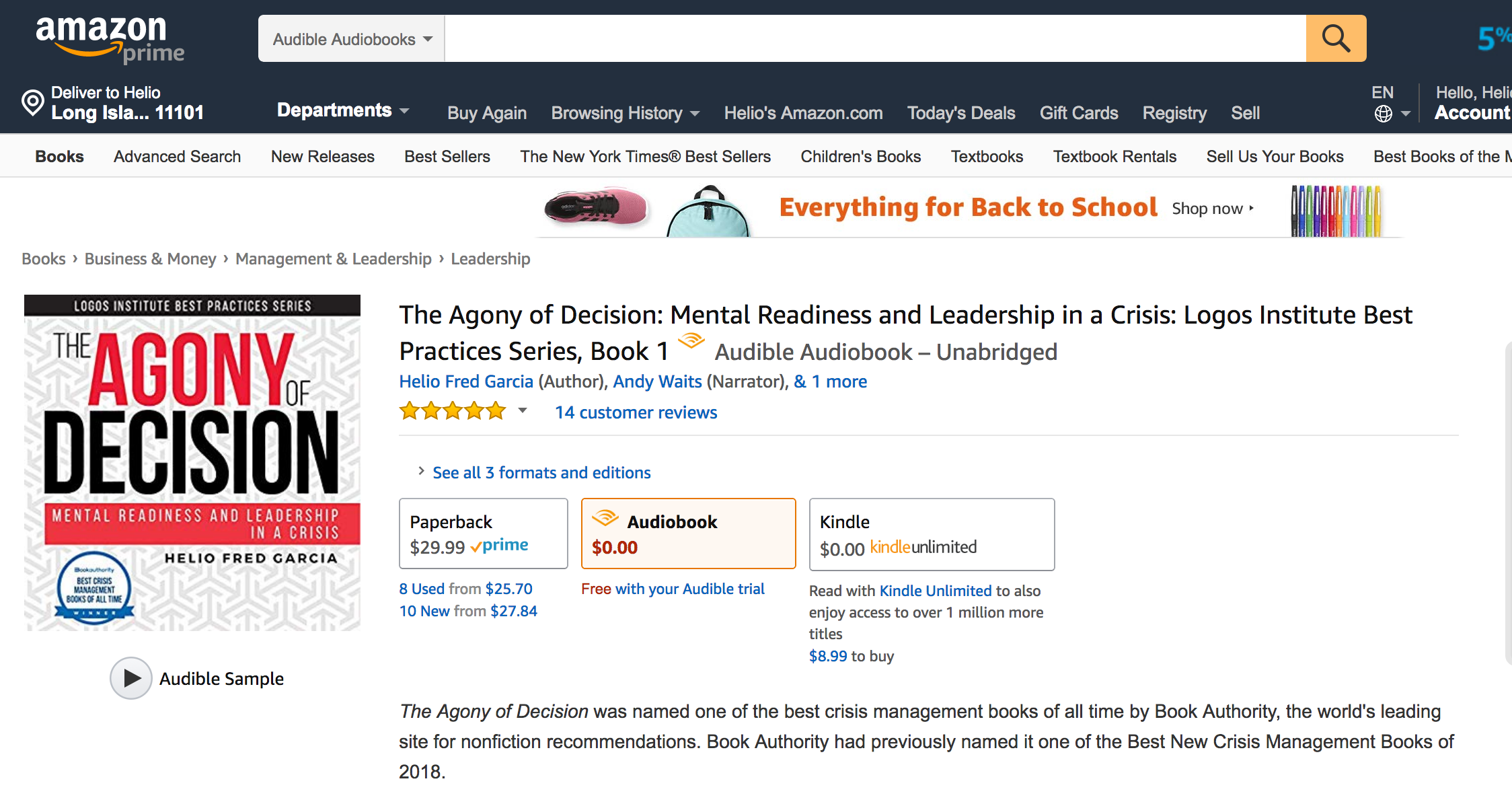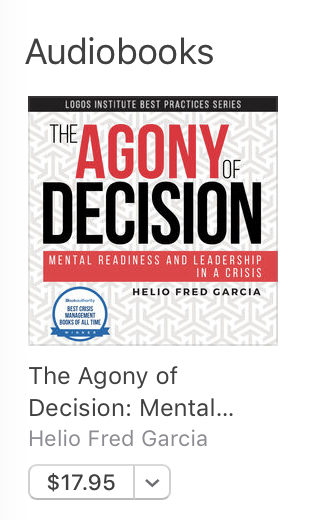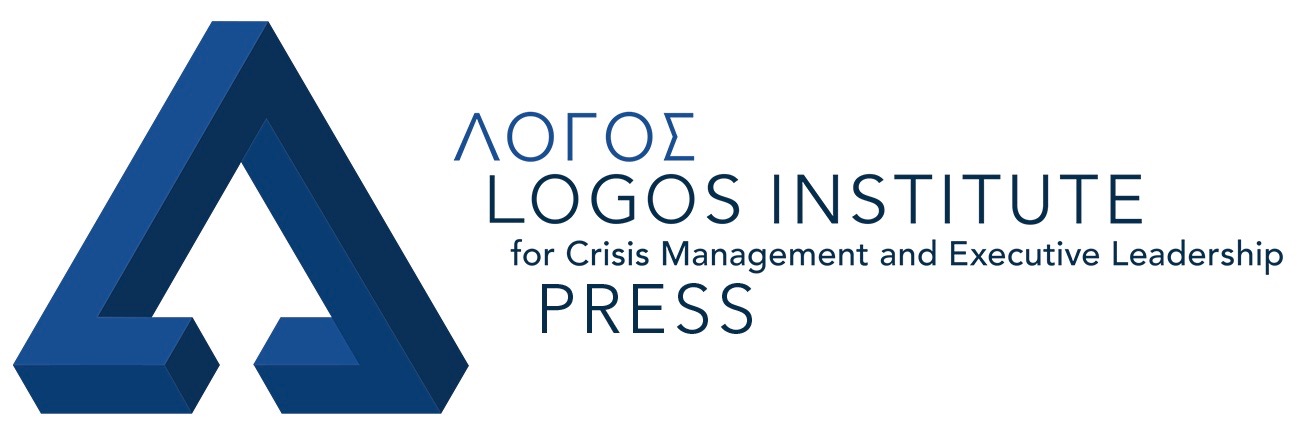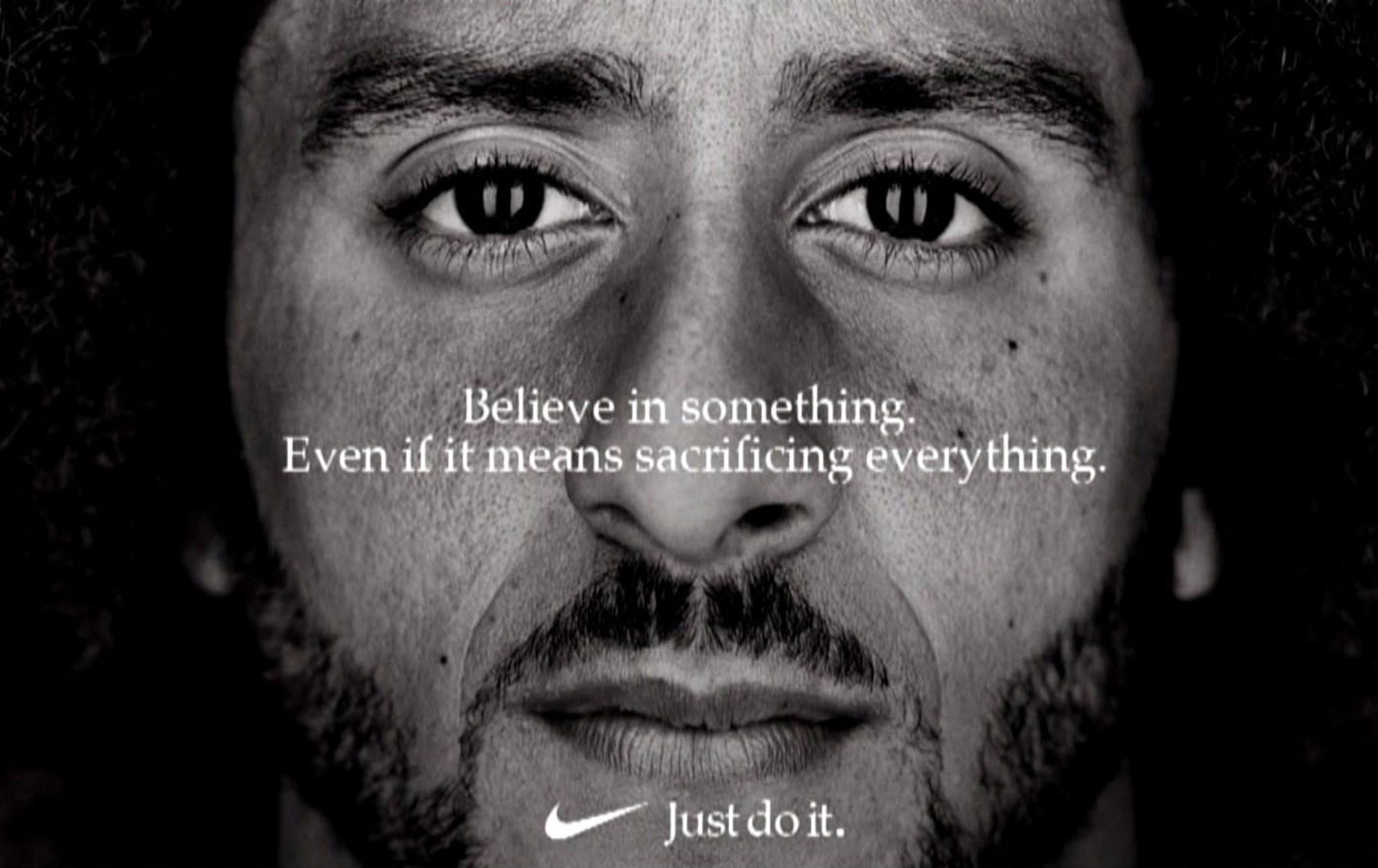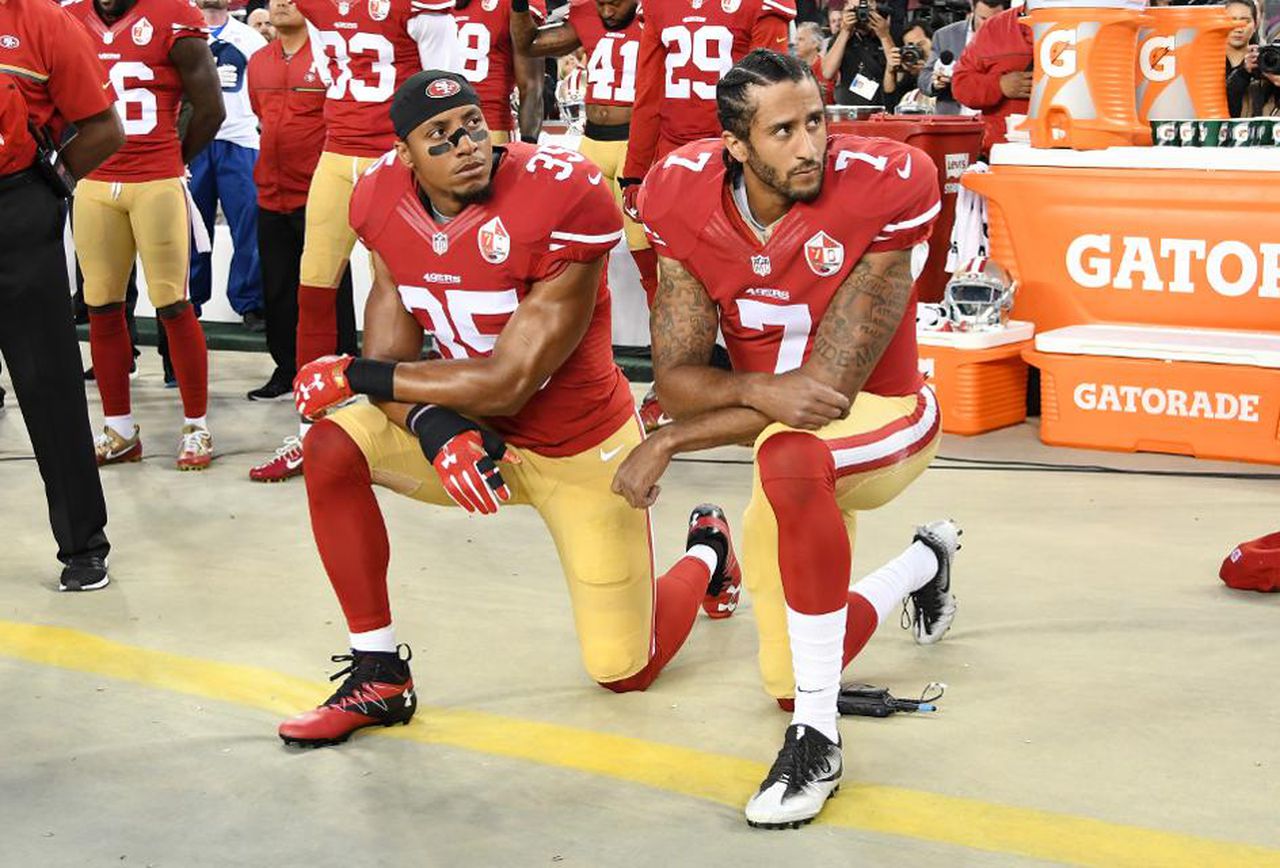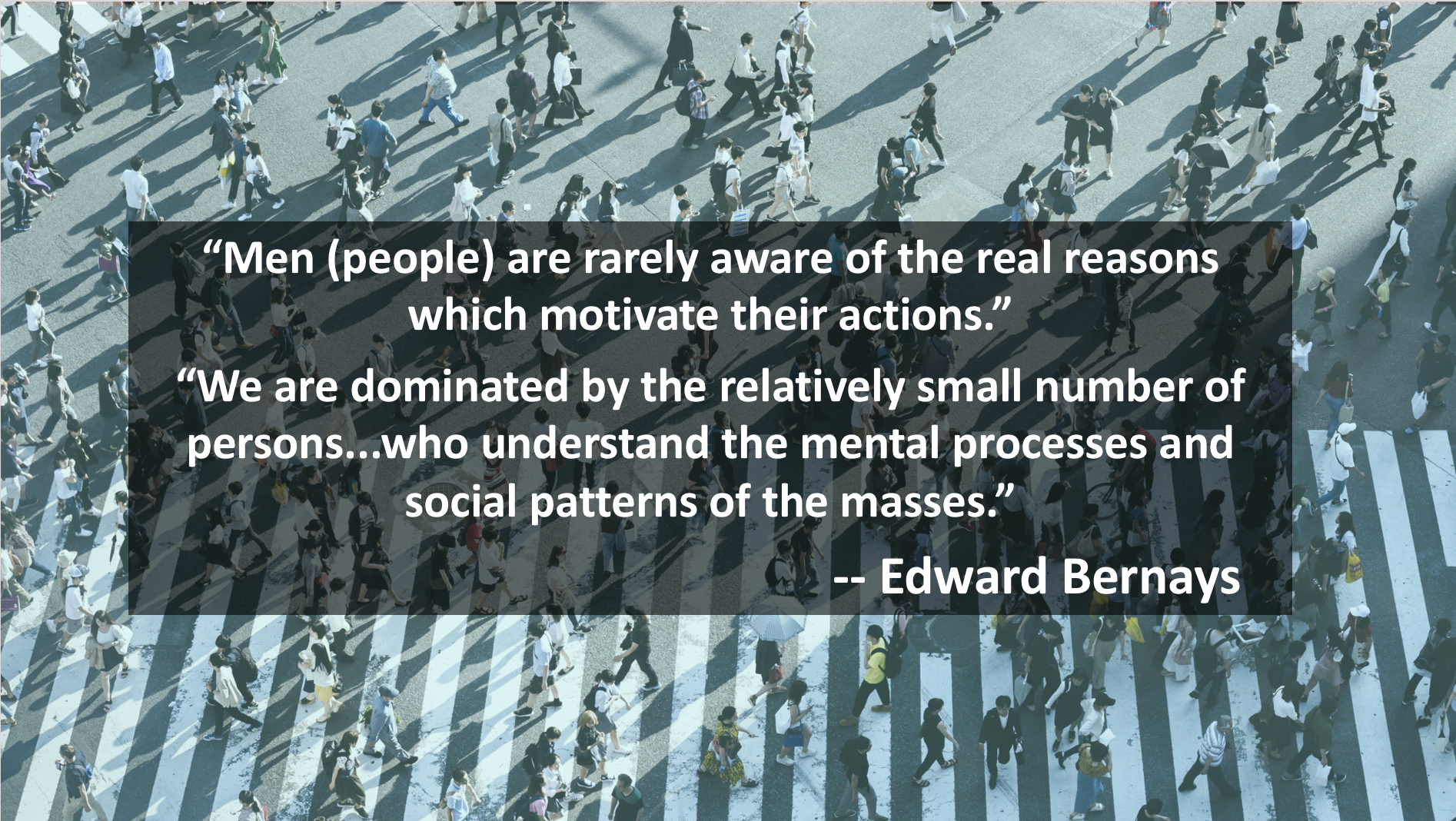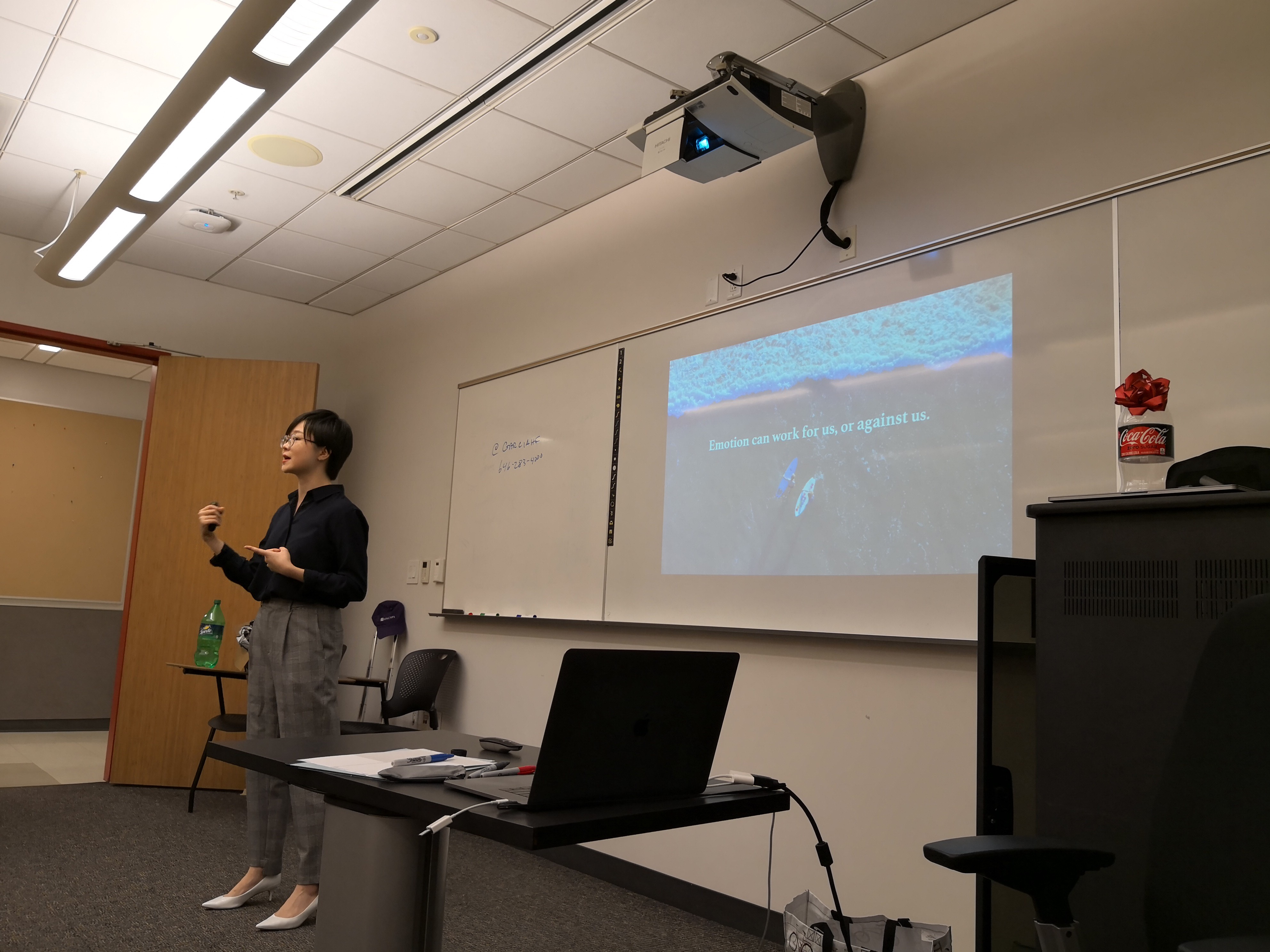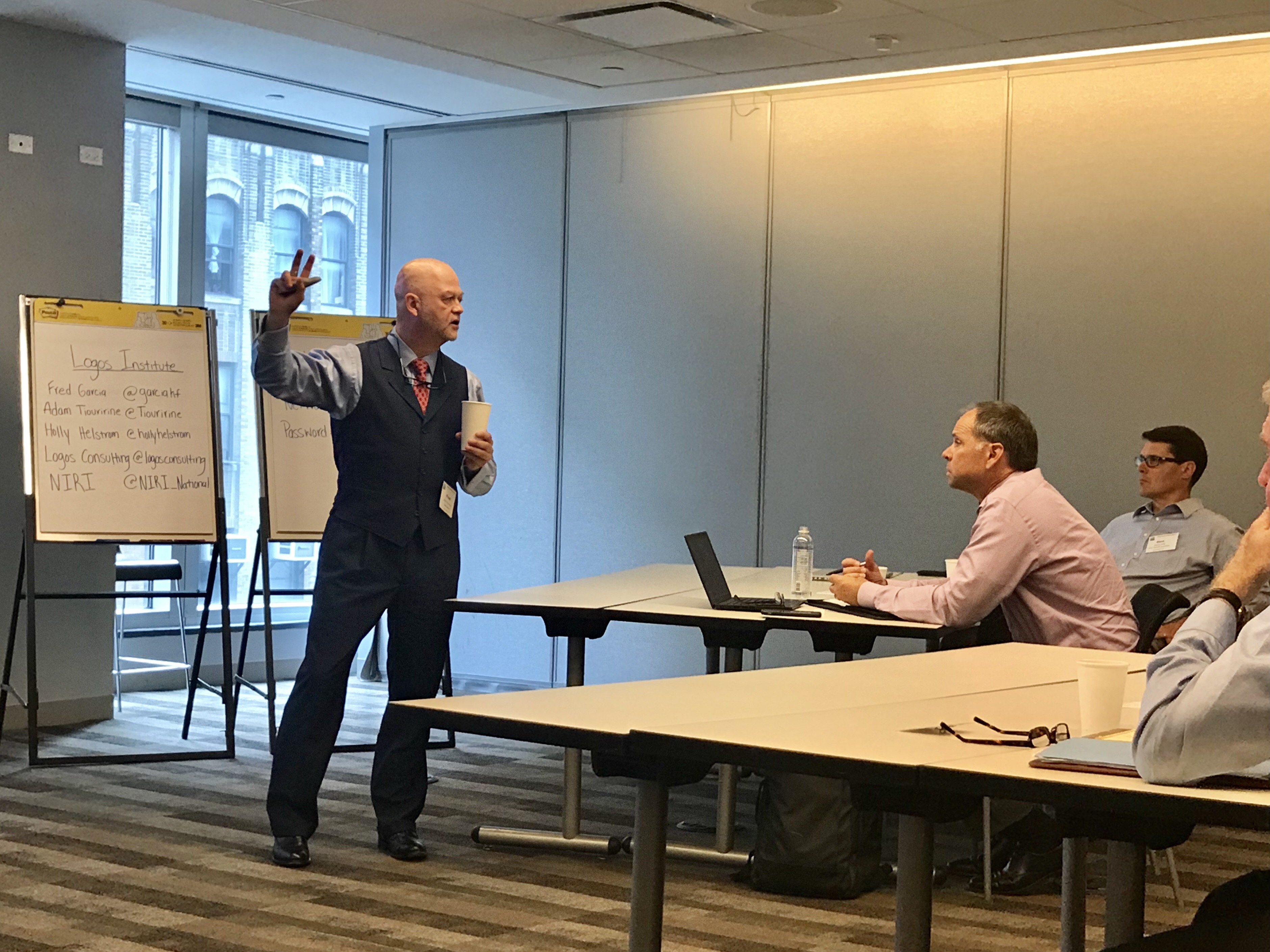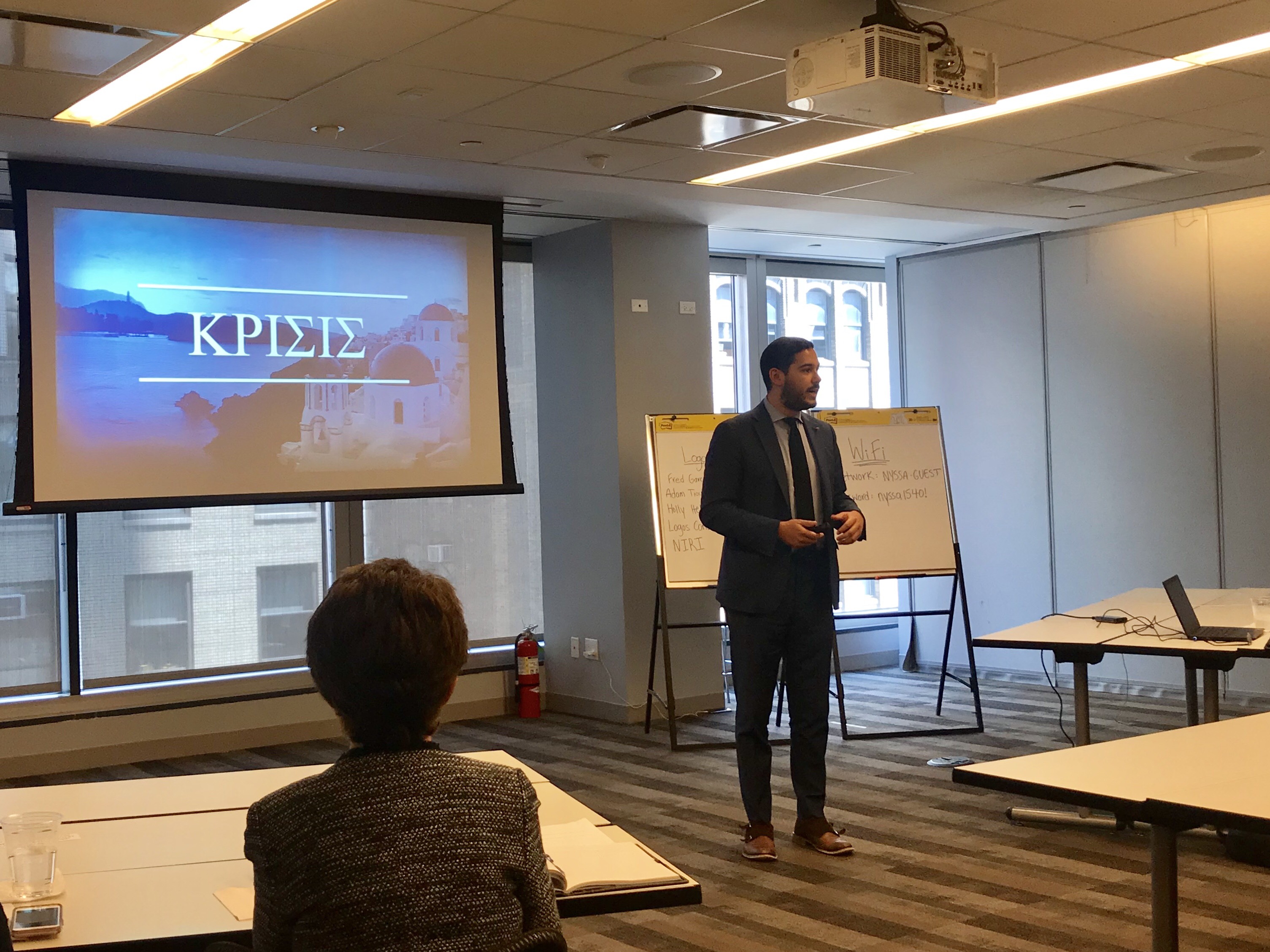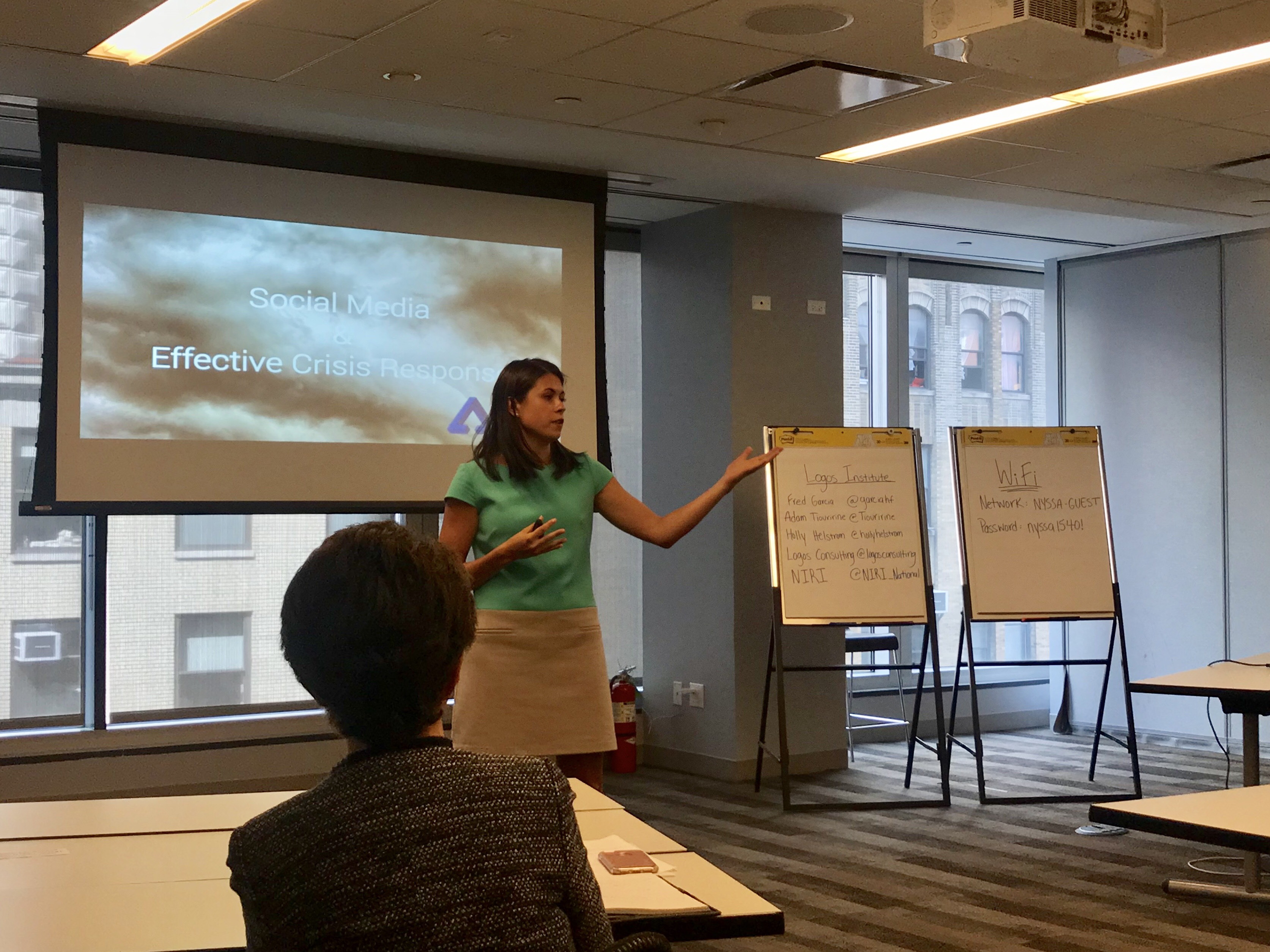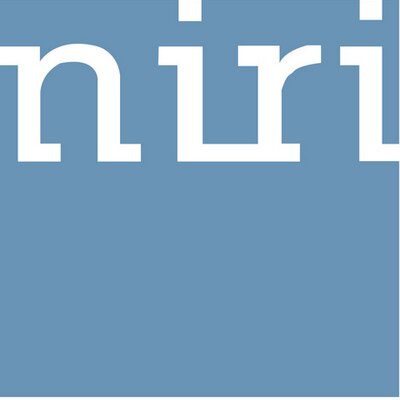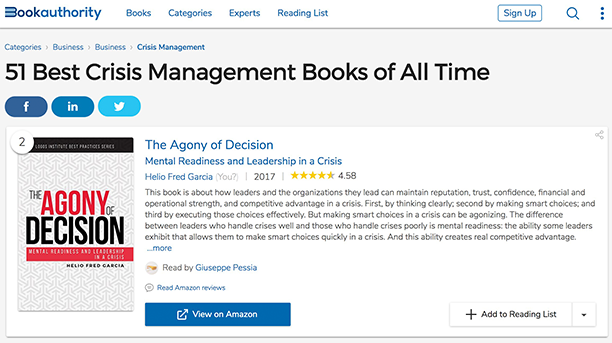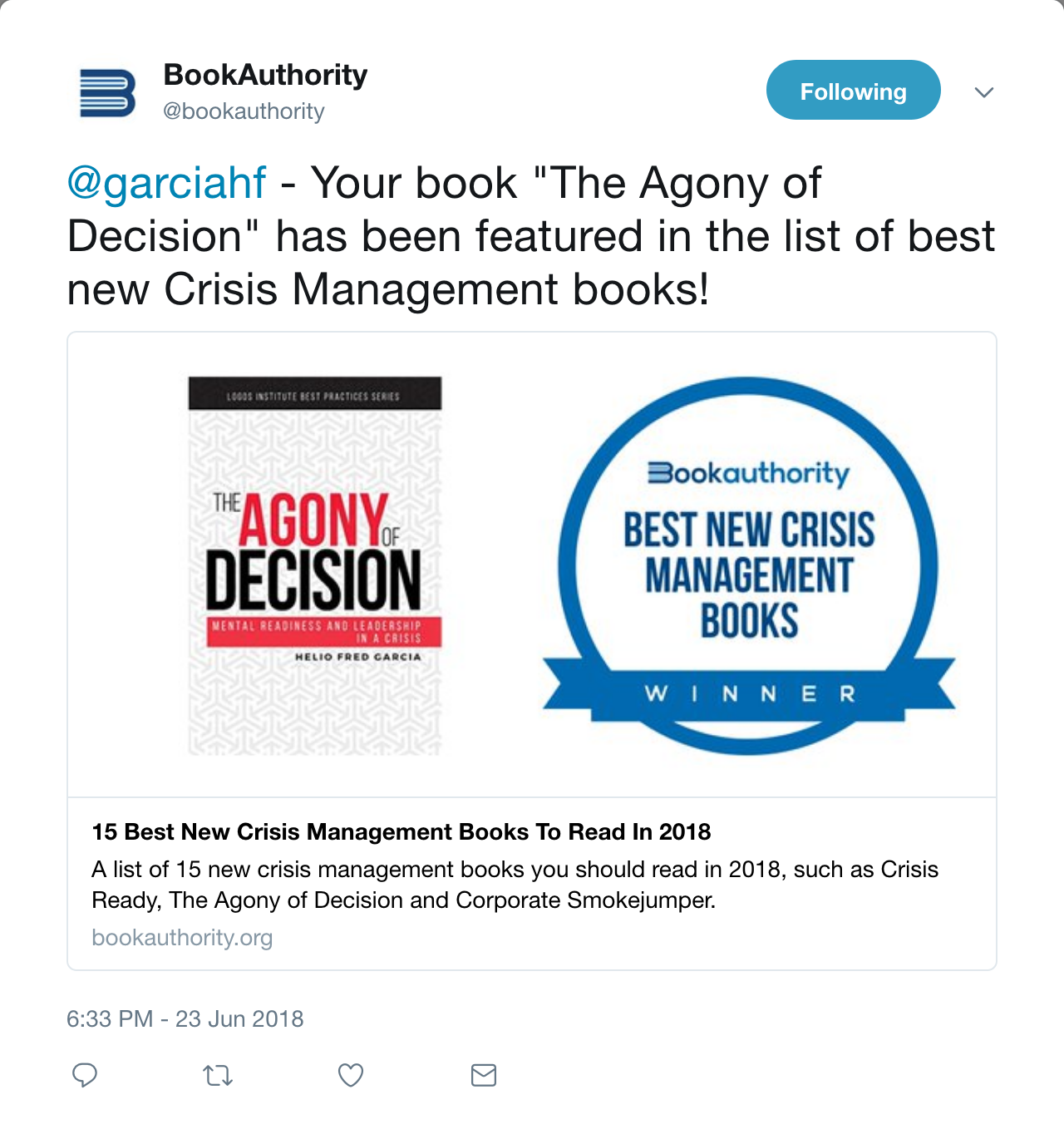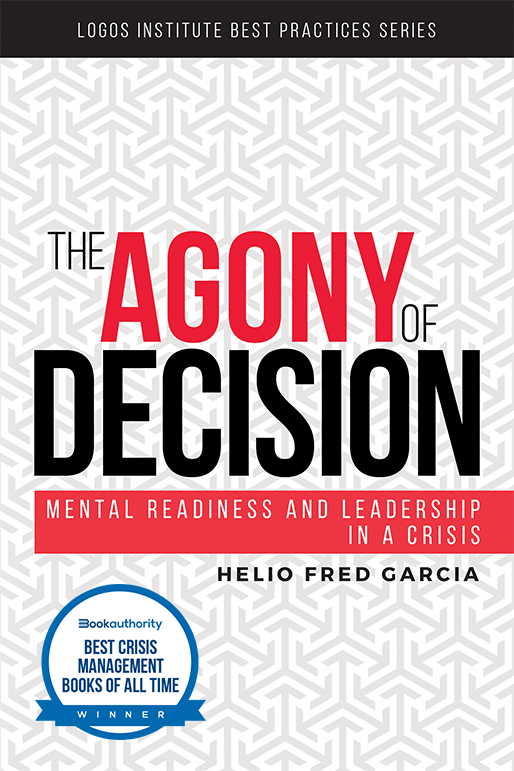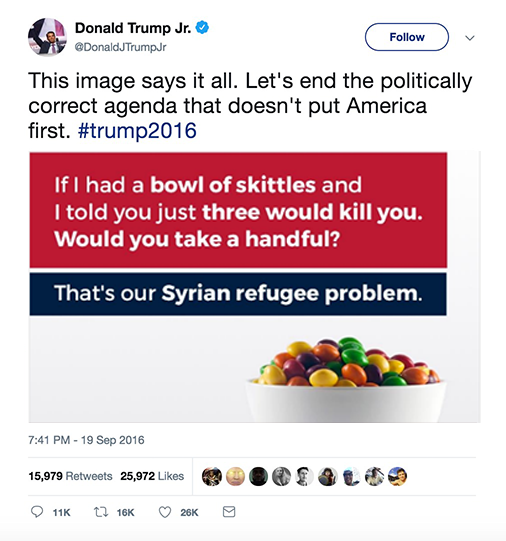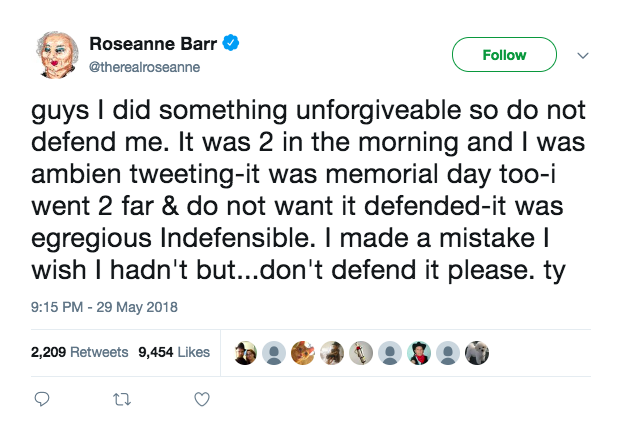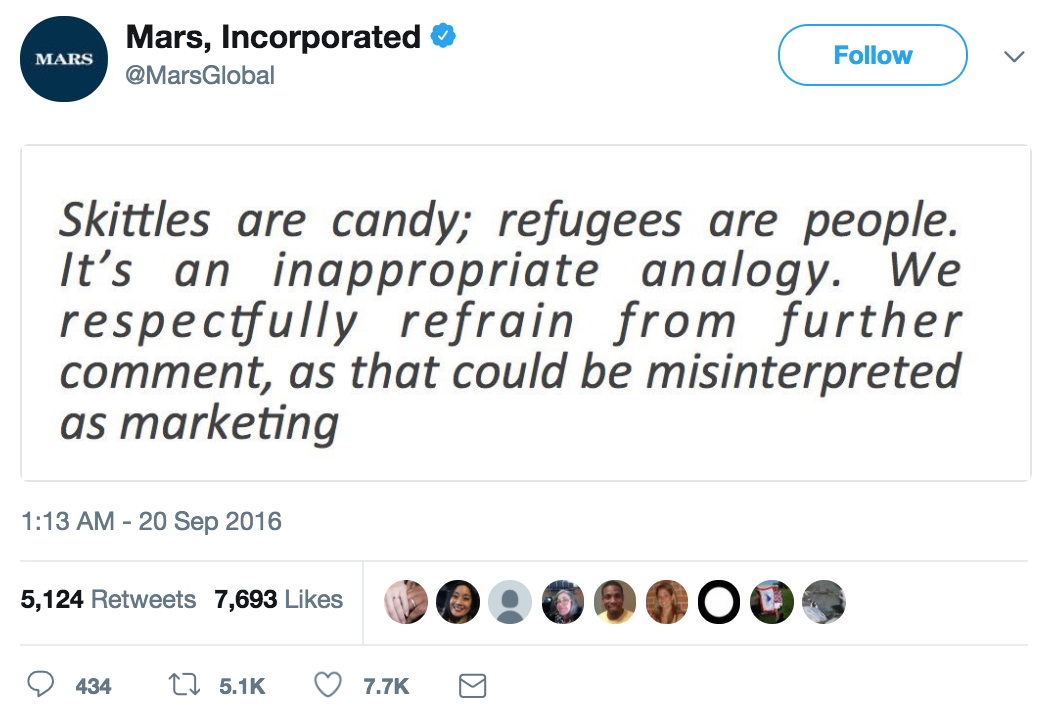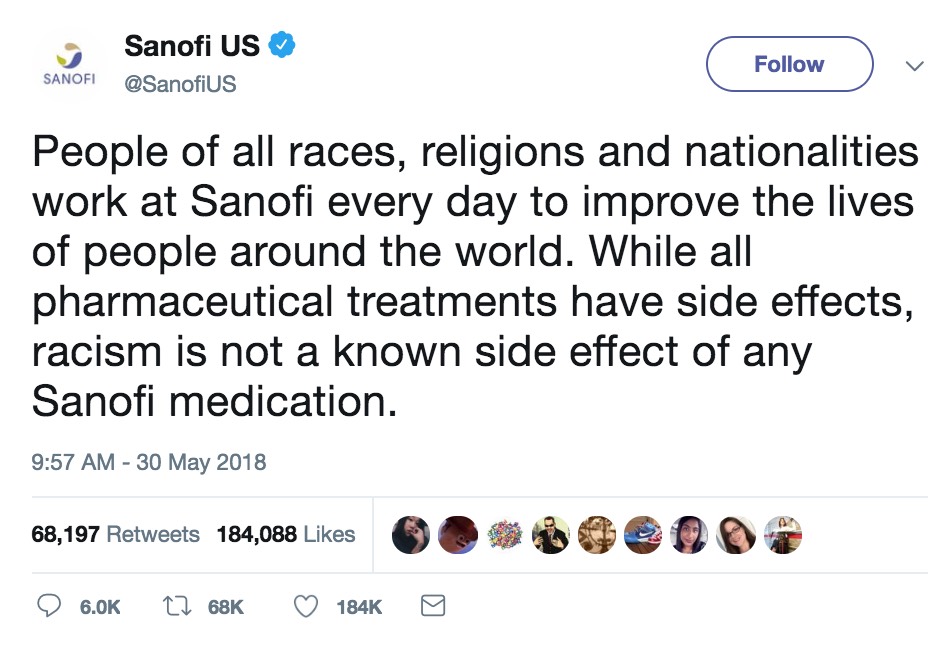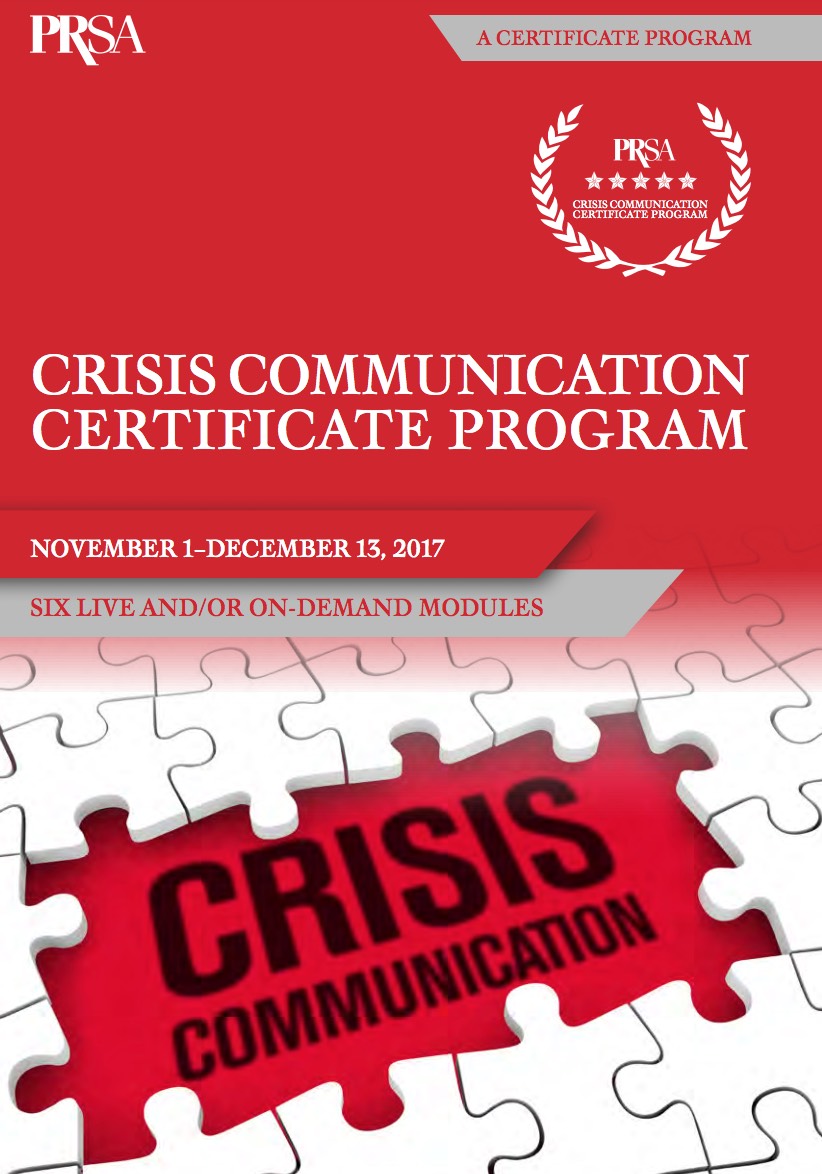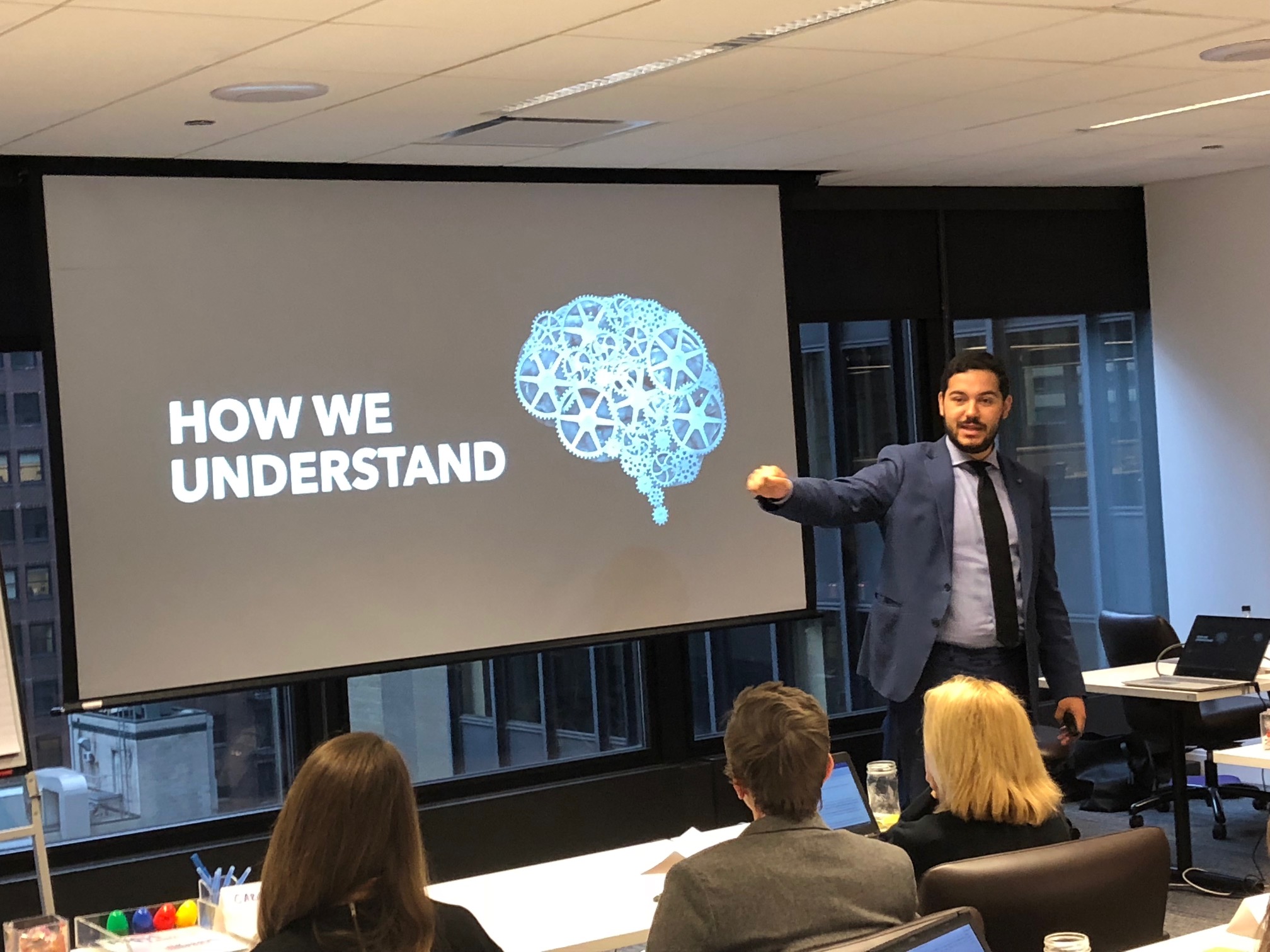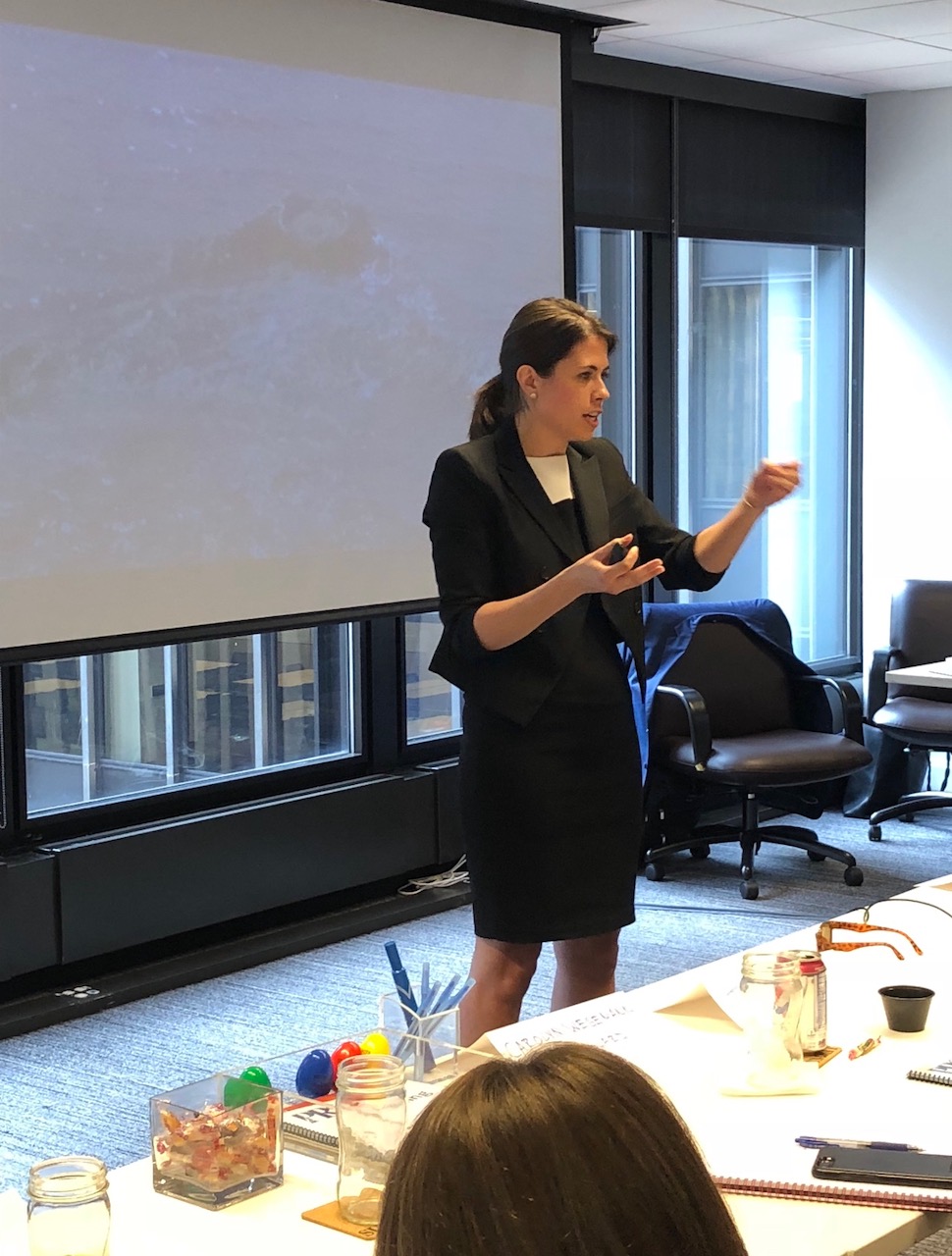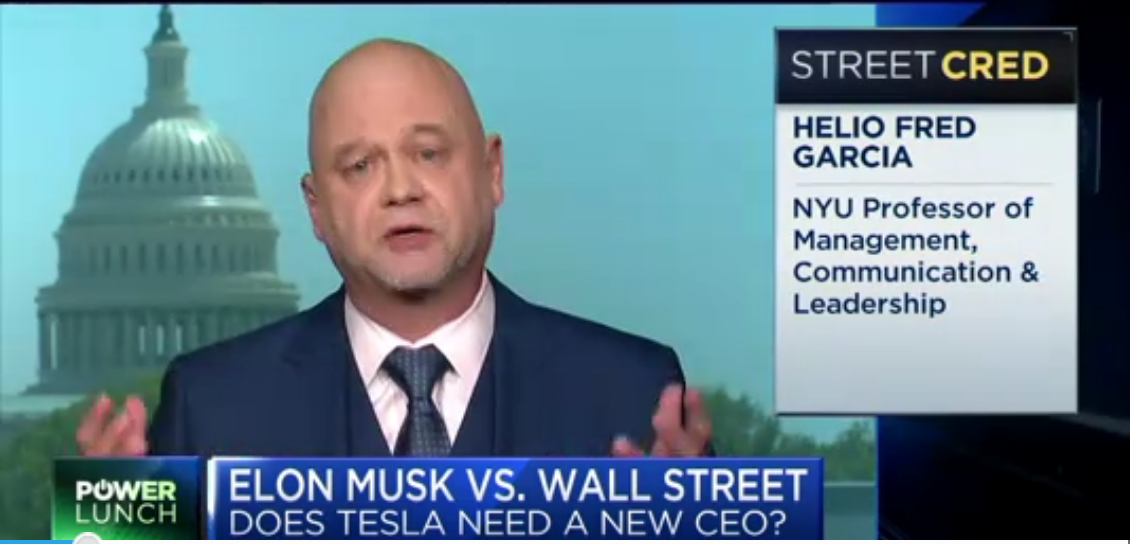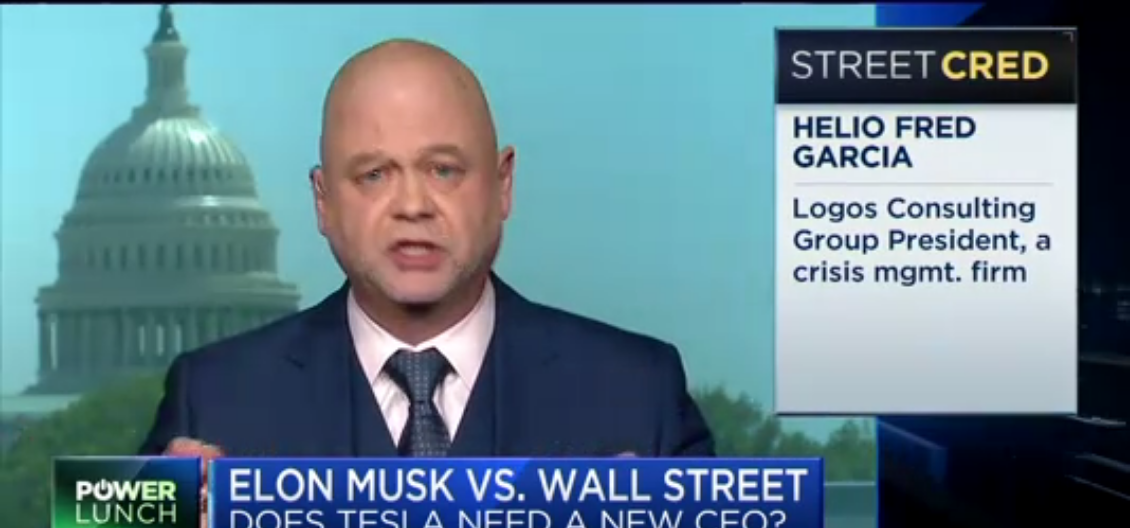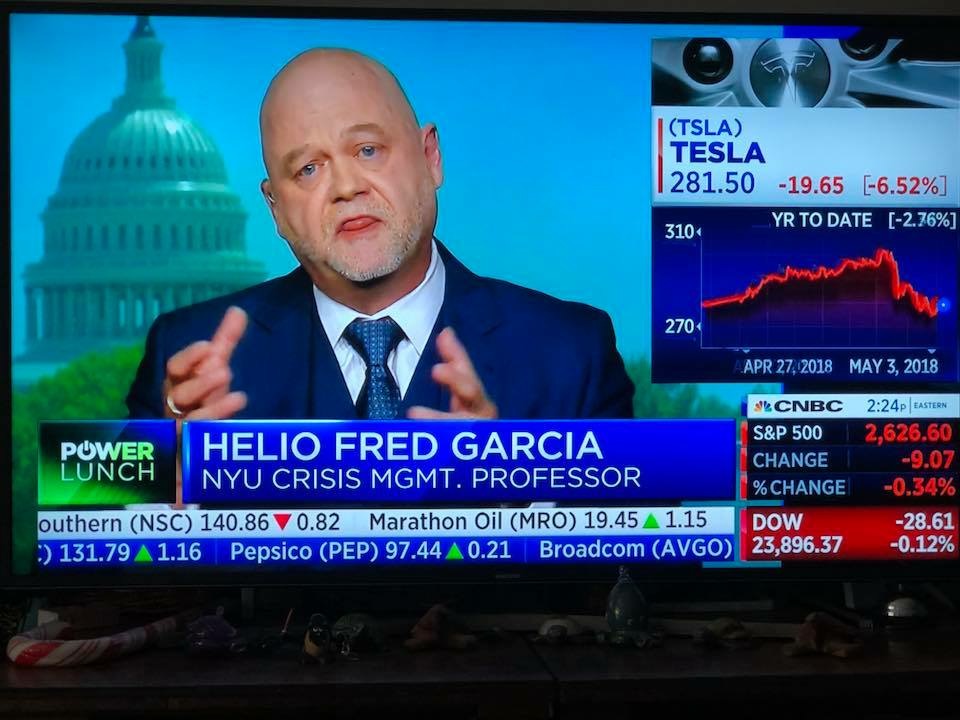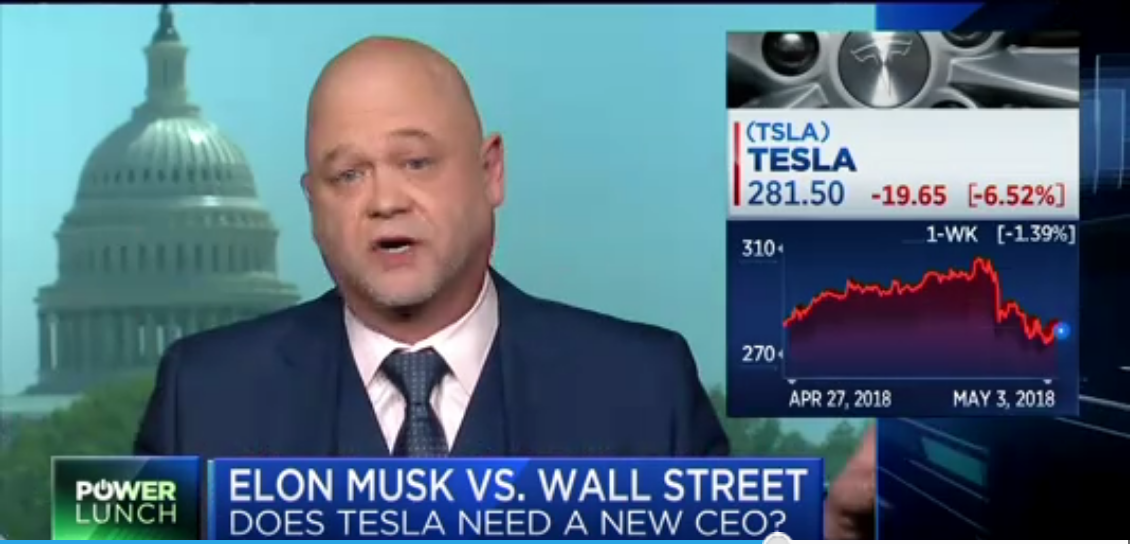How humility helped win trust in the case of Bobby Kennedy
America lost one of its greatest leaders on June 5, 1968. Fifty years later, when the current administration is treating politics as a zero-sum game that turns people against each other, this leader and the humility he embodied is missed more than ever – a leader who made joint success possible by bringing out harmony and faith among all and whose humble leadership style is the antidote to today’s toxic political atmosphere.
I studied charisma and humility in my master’s thesis, which looked at how the two factors of the presidential candidates influence the election results. This blog post is the second in a series of blog posts where I analyze how humility functions as a valuable asset for some of the world’s greatest leaders. The first post was on Alibaba’s founder and former CEO Jack Ma. This one is on Bobby Kennedy.
Bobby played a pivotal role in the New Frontier of America, in fighting for civil rights and social justice during a moment of national crisis (the racial violence and the assassinations of his brother JFK, Martin Luther King Jr., and later his own in the 60s). Despite possible presumptions or colorful images people might have upon hearing his last name, Robert F. Kennedy, for many people even to this day, was remembered as a humble and moral leader who has come to embody “the Democratic Party’s lost dream.”
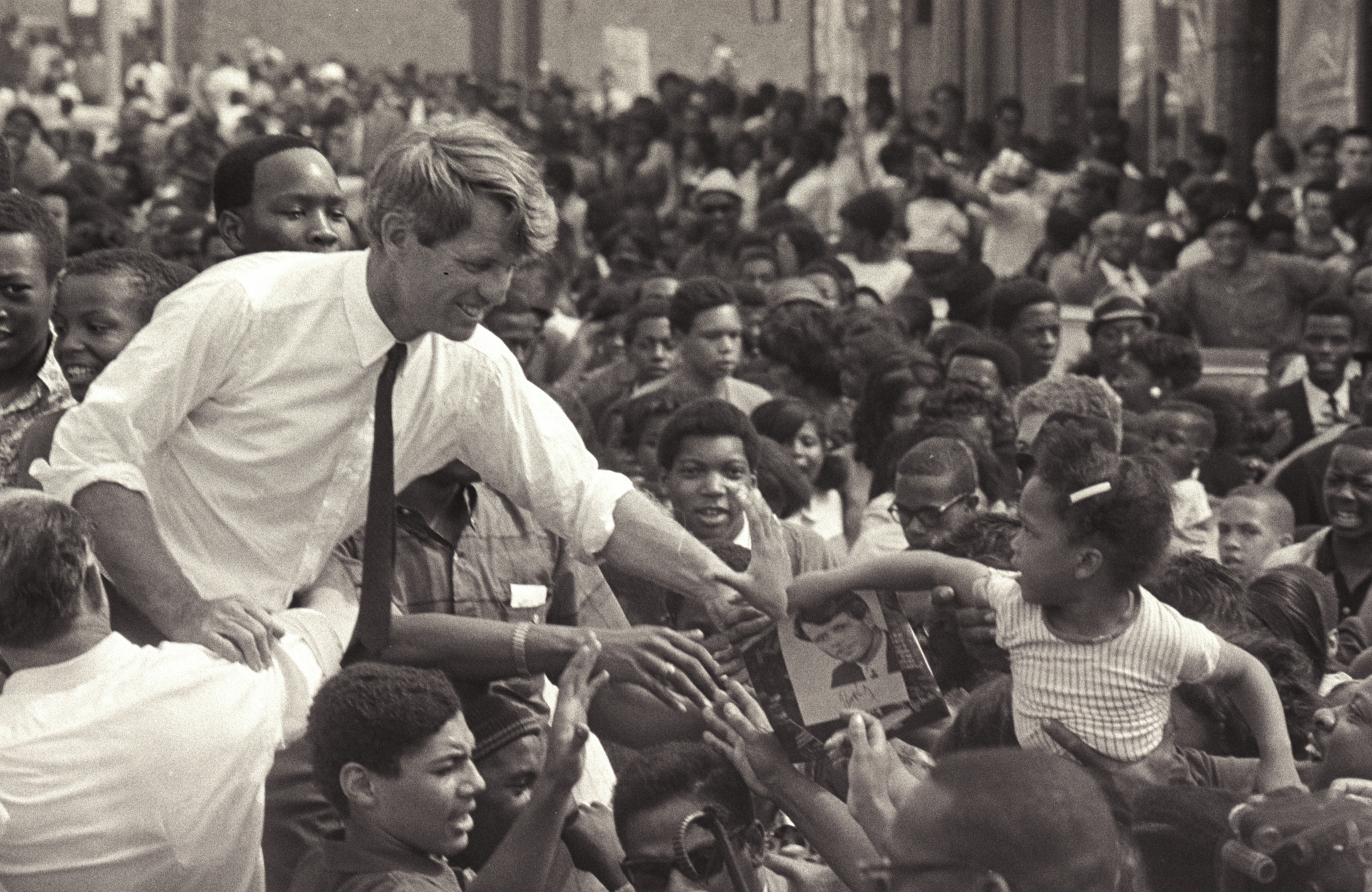
(Robert F. Kennedy campaigns in Detroit, May 1968. Andrew Sacks—Getty Images)
Trust and Leadership
As of September 11, 2018, president Trump’s average approval rating was 38 percent, according to eight polling entities, down from his previous average approval rating of 41 percent. For comparison’s purpose, the then-president Bill Clinton’s approval ratings in September of 1994 hovered between 39 and 51.
Aside from the dwindling approval polling, the Trump administration has set the record in American modern history for administration turnover, according to NBC news. The result of a New York Times analysis of 21 top White House and cabinet positions back to President Bill Clinton shows how unusual the rampant turnover is through the first 14 months of a presidency.
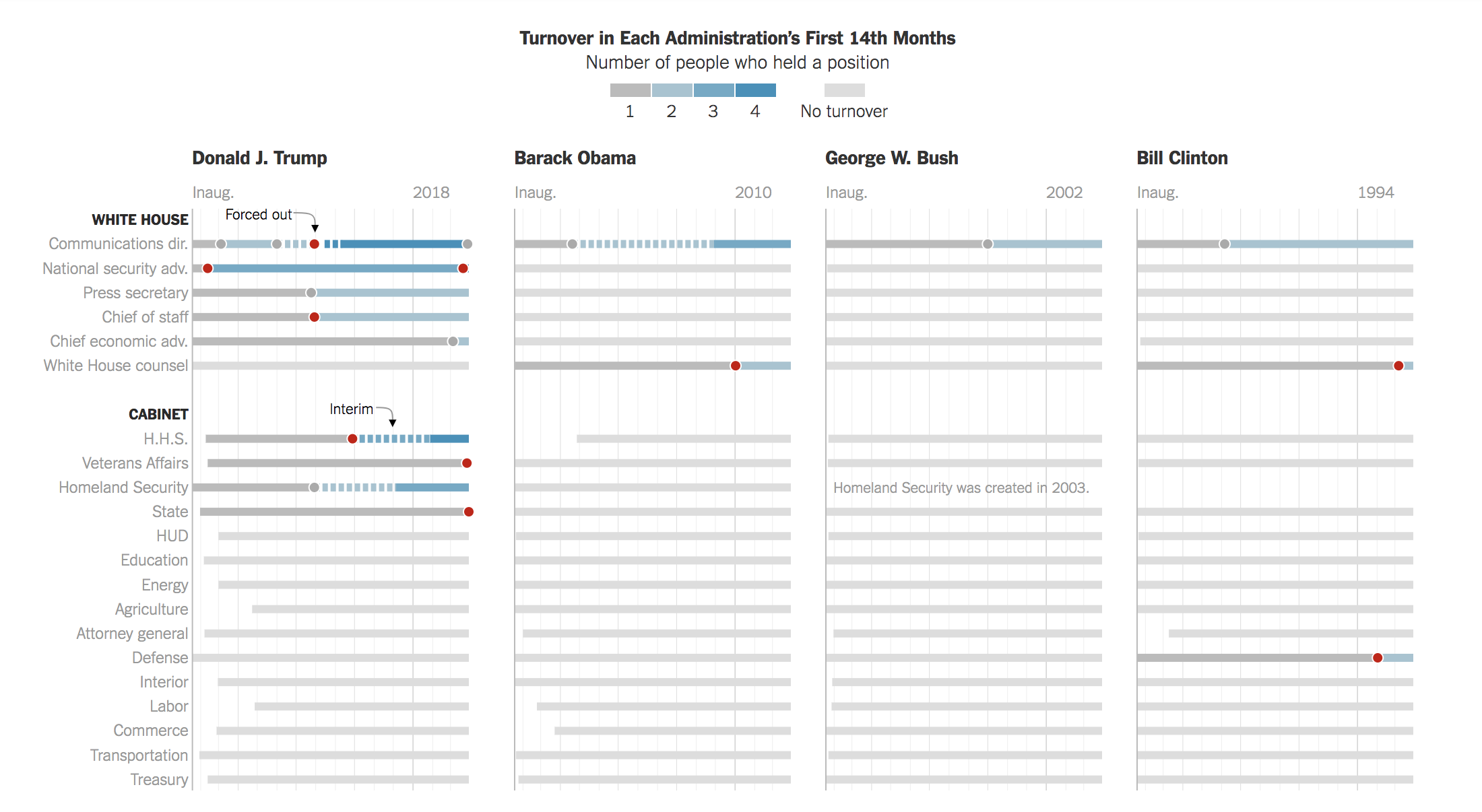
A more direct demonstration of the deterioration of public trust in the current government is data collected by Pew Research Center since 1958, which shows the public trust plumped from 77 percent in 1964 to 18 percent at the end of 2017, and from 19 percent in October 2015 (the last data collected before Trump took office) to 18 percent at the end of 2017.
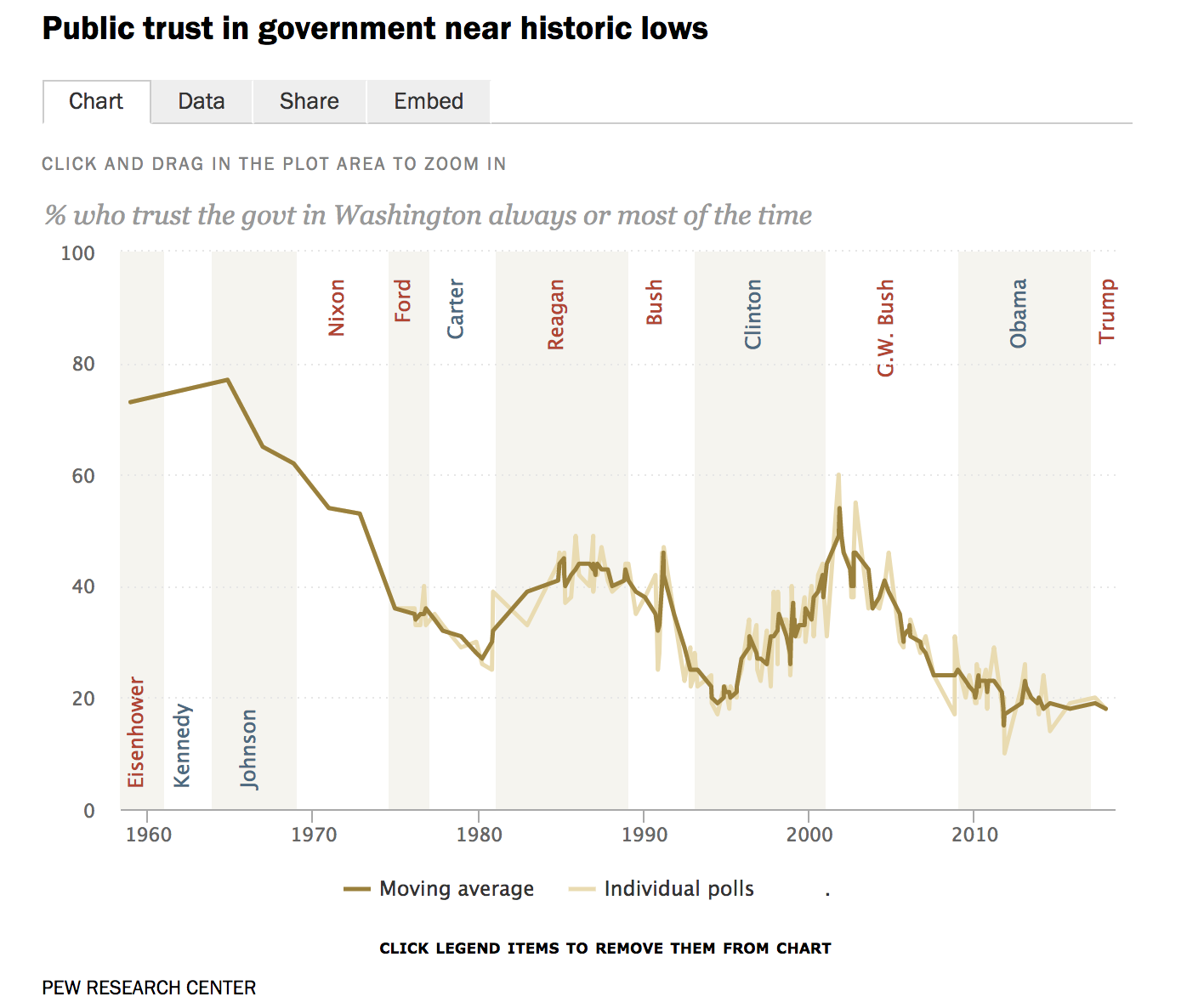
Trust is one of the most important measurement tools of leadership effectiveness. A leader without trust is like a ship captain without a helm, unequipped to lead or steer.
The fatal consequences of losing trust can be seen in both business and the political arena. On October 16, 2018, the court approved a settlement between Tesla CEO and chairman Elon Musk and Security and Exchange Commission (SEC). Charges of fraud were brought against Musk by the SEC over his “false and misleading tweet” in August, claiming that he had secured the funding of taking Tesla private at $420 per share – a substantial premium to its then trading price. On October 8, following the fraud charges on September 29, Tesla stock closed at the lowest low since March 2017, dropping 66 points since in just a week. Musk will step down as chairman of Tesla within 45 days and pay $20 million in fines from his personal funds.
Aside from hurting a company’s ability to raise capital, loss of trust in leadership can also harm a company’s strategic focus, employee morale and productivity, and demand for the company’s goods or services.
What Elon Musk and President Trump have in common is a lack is of humility, an underrated but transforming quality that helped Bobby Kennedy win the hearts and minds of people with diverse backgrounds. Trust in the Trump administration and for Tesla might have been preserved, if the leaders had possessed a dollop of humility.
Now that the important connection between trust and effective leadership has been established, the ways in which humility helped Bobby Kennedy win trust, and therefore succeed as a leader can be explored.
Bobby and Humility
In my master’s thesis, I define humility as “a virtue allowing people to have an accurate self-assessment and think less of themselves.” People who possess humility demonstrate it in different ways.
For Bobby, the most distinctive way he embodied humility was through his profound compassion, a capacity to listen, recognize and empathize with his fellow human being. “He felt the same empathy for white working men and women that he felt for Blacks, Latinos and Native Americans,” columnist Jack Newfield once observed. “He thought of cops, waitresses, construction workers and firefighters as his people.”
Bobby’s compassion came from the victimhood and discrimination he experienced growing up. Despite coming from the one of the richest families at that time, Bobby and his family were constantly the social outcasts due to their Irish Catholic identities – the reason why they ended up moving out of Boston. As a child, Bobby’s identity was heavily influenced by rejection he experienced from his father. The least favored Kennedy son’s generous and quiet personality was deemed to be a sign of weakness by his father.
Bobby’s older brother John F. Kennedy, affectionately known as Jack, who became the 35th President of the United States, gained a greater appreciation for his little brother around 1950, when he hired Bobby to manage his first Senate campaign. Bobby thereafter played a key role in Jack’s campaigns for the Senate and presidency. Jack charmed people with his big smile and lighthearted personality, while other more unpleasant jobs fell to Bobby. “I don’t have to think about organization. I just show up,” Jack once said. Their partnership worked well.
It was the night of the West Virginia primary of the 1960 election. Jack Kennedy wanted to be somewhere else because he thought he was going to lose. It turned out to be a big win. Bobby, who was seen as the tough brother of Jack throughout the contest, started to forge character of his own. In Charleston, where it had been raining all day, Bobby headed off to the wet streets to offer his respects to the race’s loser, Hubert Humphrey. “Everybody walked backwards, and there was a path from the door to the other side of the room where Hubert and Muriel were standing. I’ll never forget that walk if I live to be a hundred,” Joseph Rauh, a Humphrey supporter recalled. (Chris Matthews, 2017)
Humility also became a defining trait of Bobby’s policy ideas and management style, throughout his time as U.S. attorney general, New York state Senator, and while campaigning for presidency.
In the Justice Department, one of his regular routines was to tour the floors, introducing himself, but also stopping to listen. “He’d ask for only five minutes of their time, but he always wound up staying longer to learn more,” remembered by John Seigenthaler, Bobby’s administrative assistant. It was those small things that made the men and women working for him believe he would always support them as needed. Bobby therefore built a team, loyal to him, and loyal to each other. (Matthews, 2017)
Beginning in 1960, Bobby was one of the earliest Democrats, at that time, who openly supported Martin Luther King Jr. on civil rights movement. His efforts – a call to the Georgia judge to secure Dr. King’s release in 1960 and combating segregations in Birmingham in 1963 – all sent a clear message to the civil right activists that he was on their side. However, his efforts and remarks were met with objections and even humiliations. “I’ve seen you guys stand around and do nothing more than take notes while we’re being beaten,” Jerome Smith, one of the core activists said. Smith also openly declared that he’d never fight for his country. Bobby was furious. Yet with days passing, he found his way to understand. “I guess if I were in his shoes, if I’d gone through what he’s gone through, I might feel differently about this country,” He told one of his loyalists, and went on doing what he believed right – championing for those who were “not yet free.” (Mathews, 2017)
By the time of his run for president, Bobby had already won the hearts and minds of the people he devoted to. He secured 86% of the black vote in the Indiana primary. (LaFeber, 2005) Later, he declared the victory in California primary and addressed his supporter at the Ambassador Hotel in Los Angeles, with his last words echoing, “If we believe that we, as Americans, are bound together by a common concern for each other, then an urgent national priority is upon us. We must begin to end the disgrace of this other America.”
Bobby also won the trust from those who distrusted or hated the Kennedys at the beginning. “Early on I thought he was just a young rich kid, you know, trying to make to the politics,” says Paul Schrade, who later became a major advisor in Bobby’s presidential campaign. Schrade recalled in a Netflix documentary, “he turned into one of the most sincere persons involved in human values, and trying to do the right thing.”
Humility did not make Bobby any less effective as a strategist, as he always had been for his brother Jack in those back rooms of the White House. It instead helped him in forming his own personality when he had to run for office for himself after Jack’s assassination. The Bobby Kennedy whom people remember was the one who “seemed to carry the whole world’s suffering on him,” and who would give a busboy a firm “two-handed shake”. It was that Bobby whom people connected with, followed, and believed. “He seemed uniquely capable of preaching a message of reconciliation in a country violently torn at the seams in 1968,” commented by Politico Magazine. The MSNBC host and longtime political observer Christ Matthews writes, “what thrilled his supporters and scared the hell out of his opponents was that, they believed he’d do exactly what he said he would do.”
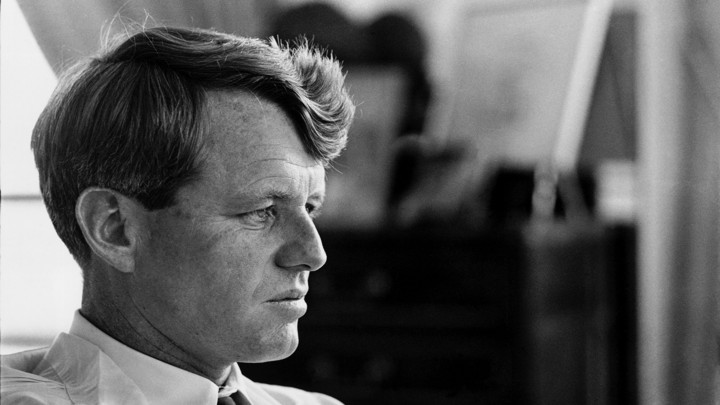
(New York City. 1966. Portrait of Robert KENNEDY in his apartment. Source: Netflix)
Conclusion: Lessons for Leaders
Humility, as well as compassion, embedded in it, fosters trust in leadership by creating an environment where those around them feel safe and motivated to communicate and to contribute, which in return, further strengthens the connections between the leaders and their followers. Additionally, humility helps leaders win trust by demonstrating the genuine gesture to their people that “I’m with you, and your well-being is part of the equation.” On the other hand, according to Forbes, “if they feel that you do what is best for yourself as opposed to what is good for everyone, they will have a hard time trusting you.”
Acuteness, toughness, and tenacity are qualities that come naturally to any successful leader. But these are not enough. Great leaders lead with humility, through which trust is born. Humility urges leaders to check the ego at the door and start to think about people around them. Who are they? What do they need? Are they happy or suffering? Are they taken care of? If those questions cannot be answered, simply start with reaching out and listening.
No leader can accomplish greatness alone. Humility is the competitive advantage for leaders in recognizing their limits and getting others to fight for or with them. Bobby Kennedy eloquently captured this in one of his most remembered address paying tribute to his late brother at the 1964 Democratic convention, which I deem to be a good ending for this article that will hopefully linger within whomever is reading this for a while, “No matter what talent an individual possesses, what energy he might have, no matter how much integrity and honesty he might have, if he is by himself – and particularly a political figure – he can accomplish very little.”

